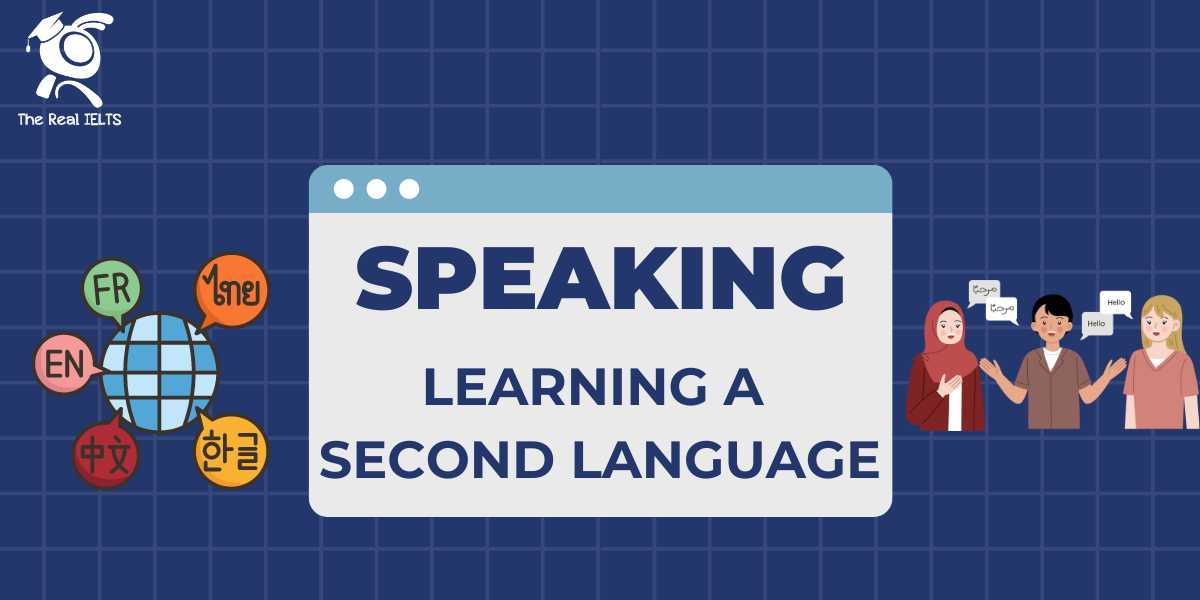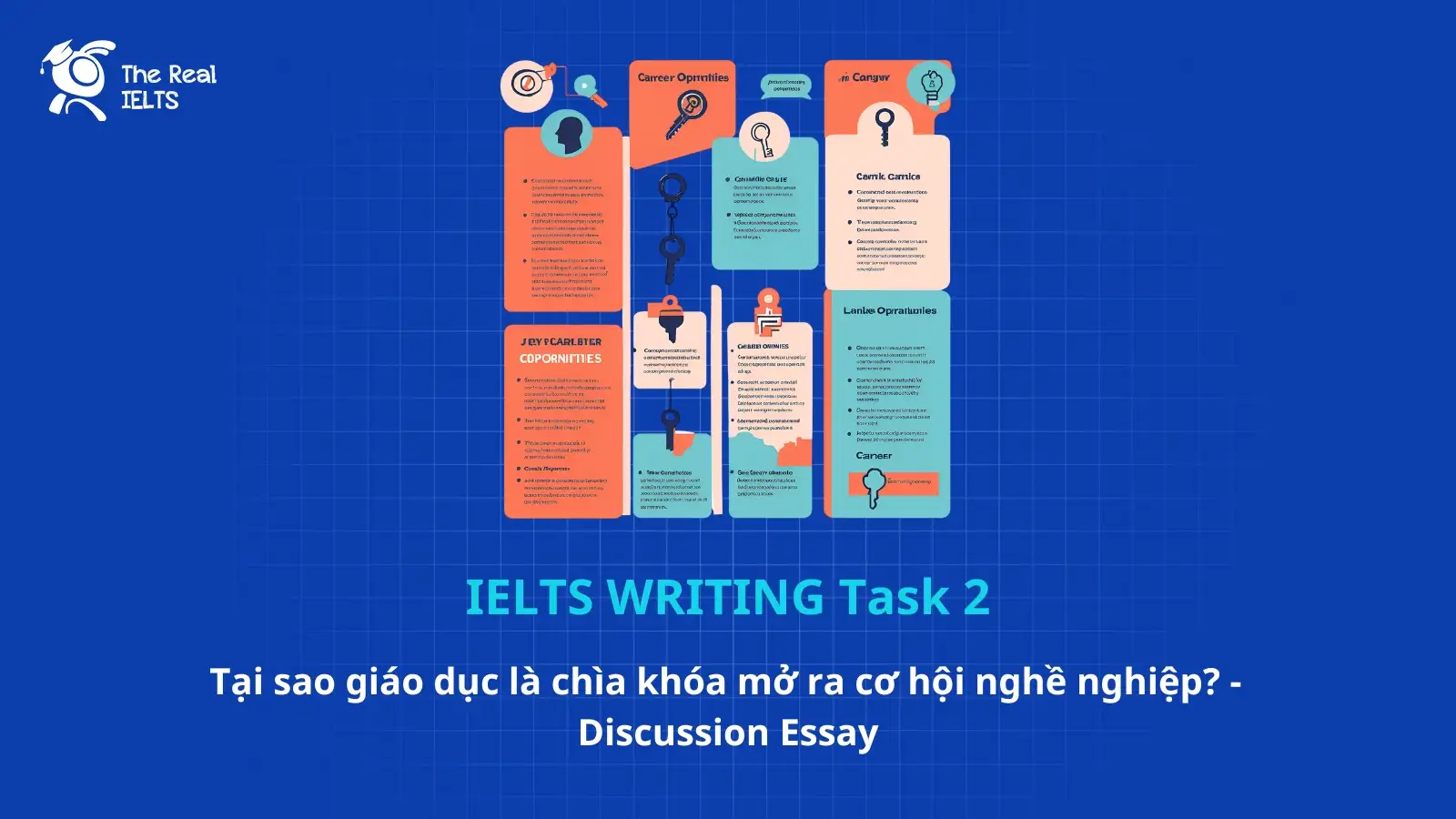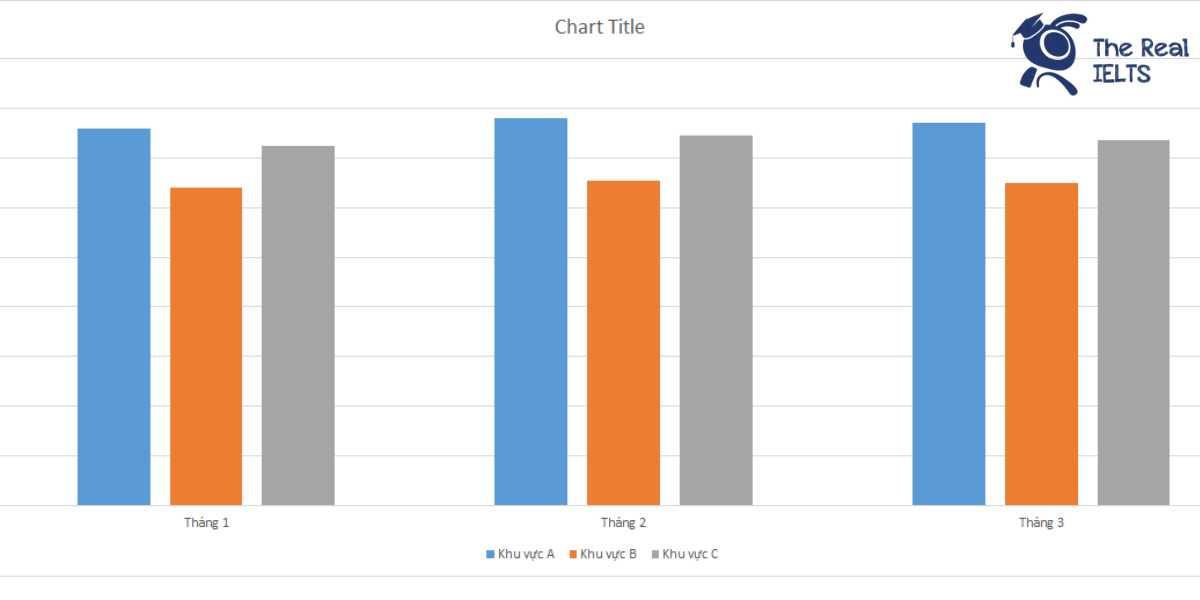Bài tập kỹ năng Speaking trong bài viết này có chủ đề Discuss the benefits of learning a second language. Chủ đề này được sử dụng cho các bài thi Speaking, hoặc các bài Speaking cơ bản đều luyện qua chủ đề này.
Các từ vựng tiếng Anh cần nắm được trước khi Speaking
- Multilingualism [mʌltiˈlɪŋɡwəlɪzəm] – Đa ngôn ngữ
- Advantages [ədˈvæntɪdʒɪz] – Ưu điểm, lợi ích
- Enhanced [ɪnˈhænst] – Tăng cường, nâng cao
- Cognitive [ˈkɒɡnɪtɪv] – Thuộc về nhận thức
- Proficiency [prəˈfɪʃənsi] – Sự thành thạo, sự lưu loát
- Bilingual [baɪˈlɪŋɡwəl] – Hai ngôn ngữ
- Multitasking [ˈmʌltiˌtæskɪŋ] – Đa nhiệm
- Decline [dɪˈklaɪn] – Sự suy giảm
- Competitive [kəmˈpetɪtɪv] – Cạnh tranh, có tính cạnh tranh
- Diplomacy [dɪˈpləʊməsi] – Ngoại giao
- Fluency [ˈfluːənsi] – Sự lưu loát
- Insights [ˈɪnsaɪts] – Sự hiểu biết sâu sắc, thông hiểu
- Customs [ˈkʌstəmz] – Phong tục, tập quán
- Traditions [trəˈdɪʃənz] – Truyền thống
- Perspectives [pəˈspɛktɪvz] – Quan điểm, góc nhìn
- Community [kəˈmjuːnɪti] – Cộng đồng
- Enriches [ɪnˈrɪtʃɪz] – Làm giàu, làm phong phú
- Interconnected [ˌɪntərkəˈnɛktɪd] – Liên kết, kết nối
- Compassionate [kəmˈpæʃənɪt] – Đầy lòng trắc ẩn, thông cảm
Dàn ý triển khai bài Speaking
Introduction:
Learning a second language has become increasingly valuable in our globalized world. In this exercise, we will delve into the various benefits that come with acquiring proficiency in a second language.
Task:
Discuss the benefits of learning a second language. Provide examples and personal insights where appropriate.
Instructions:
Prepare a brief speech discussing the advantages of learning a second language.
Include at least three benefits and elaborate on each with examples or anecdotes.
Practice fluency, pronunciation, and clarity while delivering your speech.
Sample Outline:
I. Introduction
A. Briefly introduce the importance of learning a second language.
B. Preview the benefits to be discussed.
II. Enhanced Cognitive Abilities
A. Explain how learning a second language improves cognitive functions such as problem-solving and multitasking.
B. Offer examples of studies or personal experiences illustrating this benefit.
III. Expanded Career Opportunities
A. Discuss how bilingual or multilingual proficiency opens doors to a wider range of job opportunities.
B. Provide examples of professions or industries where bilingualism is particularly advantageous.
IV. Cultural Understanding and Empathy
A. Highlight the role of language in fostering cultural appreciation and understanding.
B. Share personal anecdotes or examples of how language learning has facilitated cross-cultural communication.
V. Conclusion
A. Summarize the discussed benefits of learning a second language.
B. Encourage continued language learning for personal and professional growth.
Additional Tips:
Maintain eye contact and speak clearly and confidently.
Use transitions to smoothly move between ideas.
Incorporate relevant vocabulary and expressions related to the topic.
Practice pronunciation and intonation to enhance clarity and fluency.
Gợi ý triển khai bài Speaking
Good morning/afternoon/evening, everyone,
Today, I want to discuss the immense benefits that come with learning a second language. In our increasingly interconnected world, the ability to communicate across linguistic boundaries has become not just advantageous but essential.
Firstly, let’s consider how learning a second language enhances cognitive abilities. Numerous studies have shown that bilingual individuals tend to have better problem-solving skills, improved multitasking abilities, and even delayed onset of cognitive decline in old age. Personally, I’ve experienced this firsthand when navigating between languages, feeling a boost in mental agility and flexibility.
Moving on, another significant advantage of being bilingual is the expanded career opportunities it offers. In today’s globalized job market, employers highly value language proficiency. Whether it’s in business, diplomacy, or healthcare, bilingual individuals have a competitive edge. For instance, my friend secured a lucrative job in international sales solely because of her fluency in multiple languages, proving that linguistic skills can truly open doors to exciting career paths.
Beyond professional advancement, learning a second language also fosters cultural understanding and empathy. Language is deeply intertwined with culture, and by delving into another language, we gain insights into the customs, traditions, and perspectives of different communities. Through language exchange programs and conversations with native speakers, I’ve developed a profound appreciation for diverse cultures, building bridges of understanding and empathy across borders.
In conclusion, the benefits of learning a second language are manifold. From sharpening cognitive abilities to unlocking career opportunities and fostering cultural understanding, language learning enriches our lives in countless ways. So let’s embrace the power of multilingualism, not just for personal growth but also for building a more interconnected and compassionate world.
Thank you.
Bạn có thể nghe qua bài Speaking tại đây
Đọc lại bài cũ: Speaking Part 7: Talk about your career aspirations.















